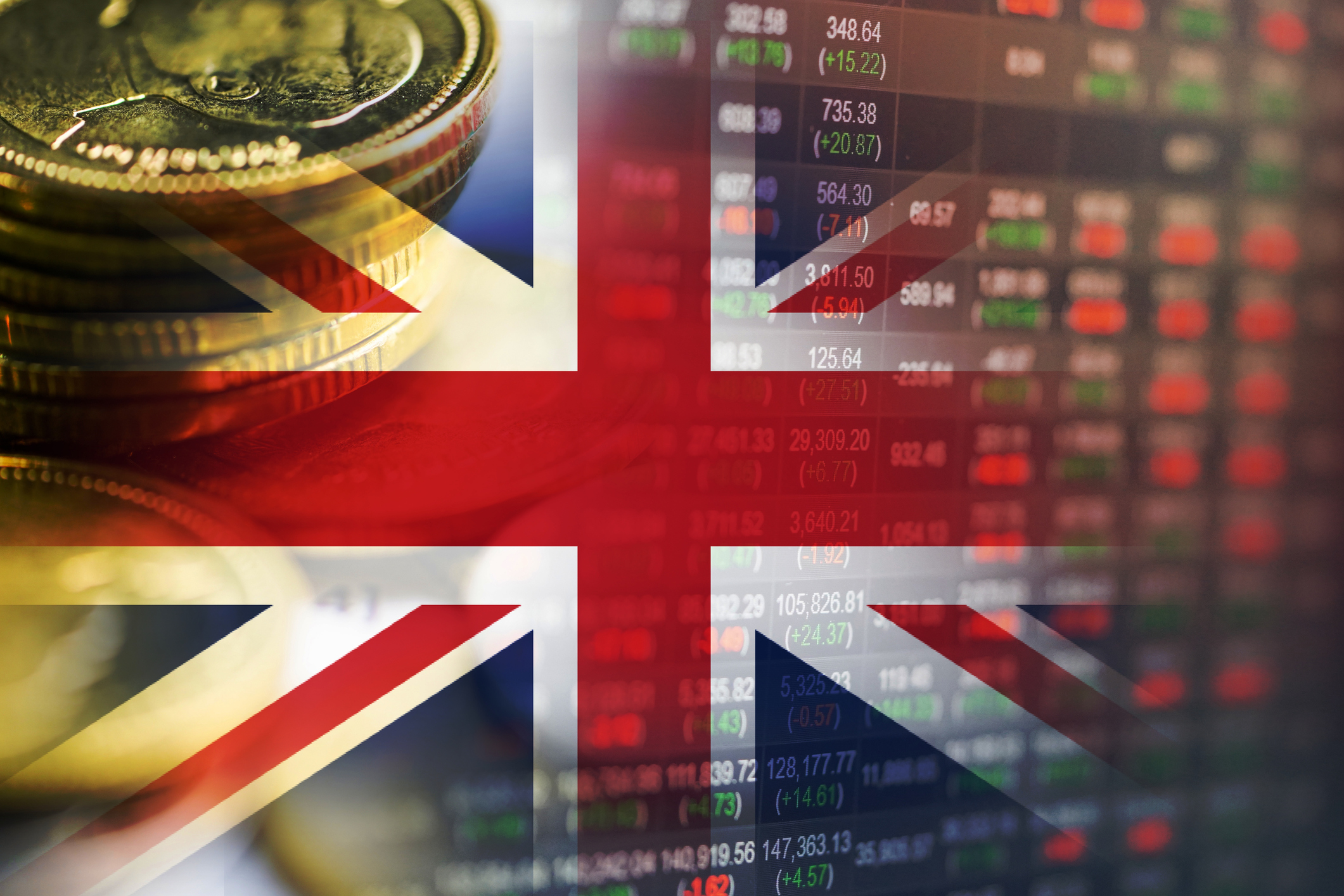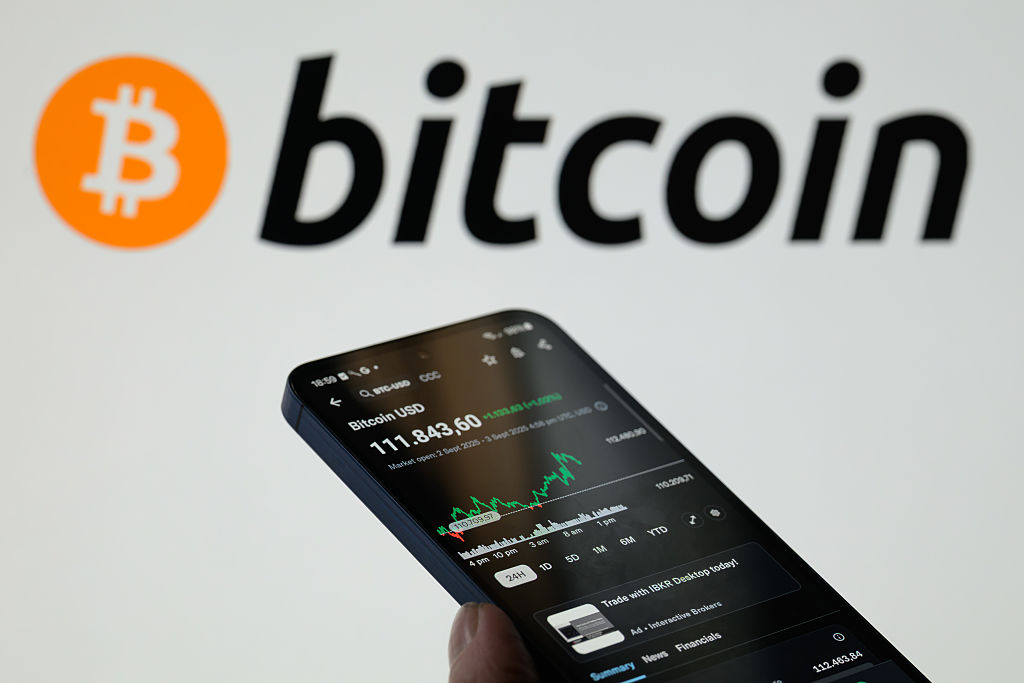Best FTSE 250 dividend stocks for high yields
Small and mid-cap UK stocks are a boon for dividend investors. The FTSE 250 and other small-cap indices could be poised for growth next year.


Get the latest financial news, insights and expert analysis from our award-winning MoneyWeek team, to help you understand what really matters when it comes to your finances.
You are now subscribed
Your newsletter sign-up was successful
Want to add more newsletters?

Twice daily
MoneyWeek
Get the latest financial news, insights and expert analysis from our award-winning MoneyWeek team, to help you understand what really matters when it comes to your finances.

Four times a week
Look After My Bills
Sign up to our free money-saving newsletter, filled with the latest news and expert advice to help you find the best tips and deals for managing your bills. Start saving today!
UK small- and mid-cap stocks, like those in the FTSE 250, are a gold mine for income investors thanks to low valuations and high dividend yields.
The FTSE 250 index comprises the UK stock market’s 101st to 350th largest companies - also known as medium-sized or mid-cap companies. While they are not big enough to be part of the FTSE 100, they are still some of the UK’s largest publicly-traded enterprises and often feature as the top stocks to buy.
Richard Hunter, head of markets at investment platform interactive investor, says: “The FTSE 250 index is widely regarded as being something of a barometer for the UK economy, as opposed to the FTSE 100 where some 70% of earnings come from overseas.”
MoneyWeek
Subscribe to MoneyWeek today and get your first six magazine issues absolutely FREE

Sign up to Money Morning
Don't miss the latest investment and personal finances news, market analysis, plus money-saving tips with our free twice-daily newsletter
Don't miss the latest investment and personal finances news, market analysis, plus money-saving tips with our free twice-daily newsletter
The FTSE 250 gained 6.6% in share price terms in the year to 3 December. But on a total return basis – which factors in dividends – this return rises to 10.4%.
“Yields on both the FTSE 250 and the FTSE SmallCap (excluding investment trusts) indices remain above the FTSE 100,” said Chris McVey, deputy head of quoted companies at Octopus Investments.
Income investors have a “once-in-a-cycle” opportunity to buy into UK small- and mid-cap stocks at depressed valuations, according to McVey in Octopus Investments’ latest dividend barometer.
“Investors should take advantage of this now as UK smaller-cap stocks can offer them a compelling opportunity in terms of both absolute and relative value, as well as income, benefitting from attractive and growing dividend streams,” said McVey.
Why are FTSE 250 stocks good value for income investors?
UK stocks trade at a discount, especially compared to US counterparts. The year so far has seen a partial narrowing of this divide in the FTSE 100, but the re-rating has yet to spread to UK small- and mid-cap stocks.
This relative undervaluation means that UK smaller companies offer greater dividend yields (which are calculated as a percentage of share price) compared to their larger counterparts.
“There is an exceptional opportunity at the moment in medium-sized UK higher yielding companies,” said Simon Gergel, manager of Merchants Trust (LON:MRCH). “The stock market is highly polarised and negative sentiment about the UK economy has created a great opportunity set for long-term investors.”
“We believe it’s an anomaly that these companies are continuing to fly under the radar for traditional income investors,” said McVey.
Three FTSE 250 dividend stocks
Ithaca Energy
Analysts led by Werner Riding from investment bank Peel Hunt rated Ithaca Energy (LON:ITH) a Buy and raised their price target to 260p from 200p following strong third-quarter results announced on 19 November.
“Ithaca has continued to build momentum year-to-date, supported by active NOrth Sea development and strategic partnerships,” wrote Riding.
As of 4 December, Ithaca offers an impressive annual dividend yield of 10.9%.
B&M
Considering the pessimism over the UK economy that abounded at the start of the year, some experts anticipated discount retailer B&M (LON:BME) to struggle.
That has proved to be the case, with the company enduring a stark selloff. Shares are down 55% this year, but Peel Hunt analysts are optimistic that new management can turn the company’s fortunes around.
“Arriving at B&M, new CEO Tjeerd Jegen faced a long to-do list,” said Peel Hunt analysts Jonathan Pritchard and John Stevenson in a research note. “Before, too much time was spent obsessing over store aesthetics and too little on understand what customers wanted [and] what worked for B&M.”
Providing that the return to retail basics is successful, Pritchard and Stevenson “see potential for a format that clearly works to return to its past glories”. They set a price target of 200p on 25 November, implying 22% gains from the latest close at the time.
Income investors will note that, trading at current depressed levels, B&M offers a dividend yield of 8.2%.
TBC Bank
Shares in TBC Bank Group (LON:TBCG) have gained 29% in the year to date. Despite these gains, it is still offering a dividend yield of 5.2%.
While forecasts for 2026 have been cut thanks to regulatory changes in Uzbekistan, where the Bank does most of its business, Peel Hunt analyst Start Duncan views this as “a delay rather than a fundamental change to the longer-term growth potential”.
Get the latest financial news, insights and expert analysis from our award-winning MoneyWeek team, to help you understand what really matters when it comes to your finances.

Dan is a financial journalist who, prior to joining MoneyWeek, spent five years writing for OPTO, an investment magazine focused on growth and technology stocks, ETFs and thematic investing.
Before becoming a writer, Dan spent six years working in talent acquisition in the tech sector, including for credit scoring start-up ClearScore where he first developed an interest in personal finance.
Dan studied Social Anthropology and Management at Sidney Sussex College and the Judge Business School, Cambridge University. Outside finance, he also enjoys travel writing, and has edited two published travel books.
-
 MoneyWeek Talks: The funds to choose in 2026
MoneyWeek Talks: The funds to choose in 2026Podcast Fidelity's Tom Stevenson reveals his top three funds for 2026 for your ISA or self-invested personal pension
-
 Three companies with deep economic moats to buy now
Three companies with deep economic moats to buy nowOpinion An economic moat can underpin a company's future returns. Here, Imran Sattar, portfolio manager at Edinburgh Investment Trust, selects three stocks to buy now
-
 Europe’s new single stock market is no panacea
Europe’s new single stock market is no panaceaOpinion It is hard to see how a single European stock exchange will fix anything. Friedrich Merz is trying his hand at a failed strategy, says Matthew Lynn
-
 Bitcoin 'has become the reserve asset of the internet'
Bitcoin 'has become the reserve asset of the internet'Opinion The cryptocurrency has established itself as the electronic version of gold, says ByteTree’s Charlie Morris
-
 London Stock Exchange exodus: which companies could be next to go?
London Stock Exchange exodus: which companies could be next to go?As many companies exit London, the steady trickle of stocks listing elsewhere could turn into a stampede. Who will be next, and what does this mean for investors?
-
 Is the London Stock Exchange in peril?
Is the London Stock Exchange in peril?More than 150 companies have left the London Stock Exchange or moved their primary listing since the start of 2024. What does it mean for investors and the economy?
-
 Shein prepares for London Stock Exchange listing
Shein prepares for London Stock Exchange listingShein plans for a London Stock Exchange listing after facing hurdles in New York. It’s in a race against time. Matthew Partridge reports
-
 Four stocks for 2026
Four stocks for 2026As the year draws to an end, investment experts suggest four stocks that investors may want to keep an eye on for 2026
-
 Halifax: House price slump continues as prices slide for the sixth consecutive month
Halifax: House price slump continues as prices slide for the sixth consecutive monthUK house prices fell again in September as buyers returned, but the slowdown was not as fast as anticipated, latest Halifax data shows. Where are house prices falling the most?
-
 Rents hit a record high - but is the opportunity for buy-to-let investors still strong?
Rents hit a record high - but is the opportunity for buy-to-let investors still strong?UK rent prices have hit a record high with the average hitting over £1,200 a month says Rightmove. Are there still opportunities in buy-to-let?